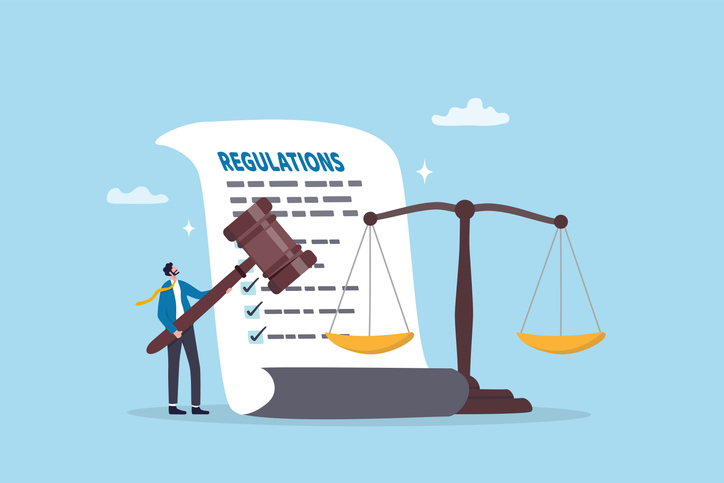According to PWC, reporting is at a crossroads. The voices questioning the current annual reporting models – those focusing on financials alone – are getting louder. Now, companies of all sizes are expected to report on the social and environmental impact of their business, too. Businesses that wish to illustrate the true value of their company to stakeholders, potential investors and employees are now adopting the integrated reporting model.
If you’re a small business owner, the transition from annual reporting can be made over a few reporting cycles so as not to cause too much disruption. This fulfils Stratton Craig’s mantra that evolution, not revolution, is the best approach when it comes to integrated reporting. And it will enable you to implement the process and put new systems in place to engage with staff, stakeholders and potential investors gradually.
What is integrated reporting?
An integrated report is much more than just an annual report. It’s a more detailed corporate report, providing clear information on how your company’s strategy, governance, performance and prospects can lead to value in the short, medium and long term. It will help you understand the core drivers of your business so you can implement a business model that will help your company grow.
The benefits of integrated reporting for small businesses
It’s a myth that integrated reporting is only suitable for large enterprises with multiple stakeholders and numerous employees; there are internal and external benefits for small businesses as well.
The internal benefits of integrated reporting are the most rewarding. The process will help you assess the strength of your business model by giving a more open view of the mechanics of your company, which will increase investor trust and confidence. It ensures you’ll be able to highlight any problem areas within the business model and address them quickly. This will provide investors with a clear view of the true value of your business and its long-term proposition, increasing your chances of driving growth to develop your company.
The International Integrated Reporting Council (IIRC)’s Realizing the Benefits research, highlights a number of benefits linked to integrated reporting; for example, improving measurement, improving management information and decisionmaking, improving stakeholder relations and connecting business teams while broadening perspectives.
The positive impacts of integrated reporting aren’t always seen immediately; they will take time to realise. Many companies, of all sizes, are not yet in a position to quantify the impact of integrated reporting because the notion is seen as fairly new in the business world. The real benefits of the model will come to light over time.
What does the future of integrated reporting hold for small businesses?
In years to come, it is hoped that the integrated reporting process will become the norm for businesses worldwide. Globally, businesses are facing pressure to increase the quality of their reporting – going beyond just financial elements – as non-financial disclosure is becoming a quantifiable measurement of success. Integrated reporting allows businesses to respond to these demands in a timely and efficient way.
Darren Craig is CEO of Stratton Craig.





